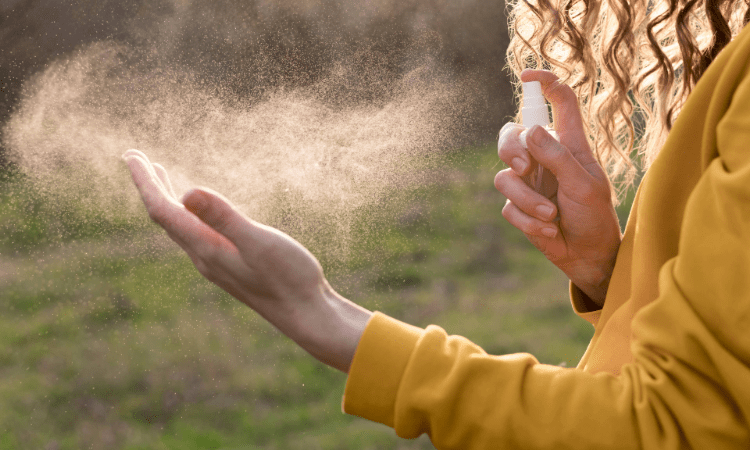
BLOG
KATEGORİDEKİ DİĞER YAZILAR

Antibacteriality refers to the properties of chemical or physical substances that are effective against bacteria. Antibacterial products contain ingredients that inhibit bacterial growth or kill existing bacteria. Soaps, disinfectants, antibacterial surface cleaners and antibacterial wipes fall into this category.
However, not all antibacterial products have the same effect. Various analyzes and tests should be carried out to determine its effectiveness.
Antibacterial efficacy can be expressed as a product's performance in killing microorganisms. There are various benefits of using antibacterial products.
Antibacterial and antiviral products are often confused, but the difference is that the microorganisms they are effective against are different:
Therefore, an antibacterial product does not always protect against viruses. It is especially recommended to use antiviral products to protect against influenza, COVID-19 and other viral infections.
There are several critical factors to consider to assess the effectiveness of antibacterial products:
The active ingredients in the product are the most important factor determining antibacterial effectiveness. Commonly used antibacterial substances are as follows:
An effective antibacterial product should contain at least one of these components.
The antibacterial effect of a product may depend on the conditions of use. For example:
If not used correctly, an antibacterial product cannot be fully effective.
The effectiveness of antibacterial products may decrease depending on storage conditions. The following are points to be aware of:
When choosing an antibacterial product, the active ingredients and duration of effectiveness should be taken into account.
Nanolab Laboratories Group continues to provide services within the scope of Biocidal Product Analysis. We also provide services in Irritation Tests.
Contact us for more information.
You can follow us on LinkedIn for up-to-date news and posts about our services.
Follow our Instagram account to be informed about our latest blog posts.